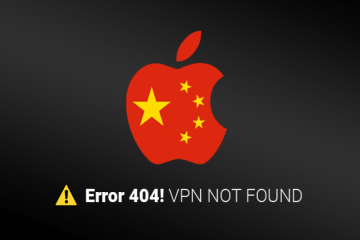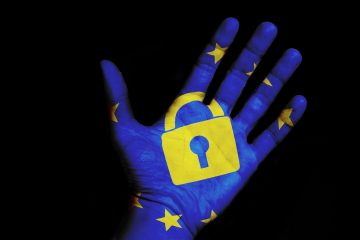
Measuring Censorship on Mobile App Stores
Recent years have brought about improvements in corporate transparency regarding content takedown requests by governments. Google and Twitter, for instance, specify details of content takedowns in their transparency reports, allowing to identify which government authority demanded what content to be removed and why. Other takedowns can be demanded by private actors on copyright grounds for instance. The Lumen database gives more insight into takedowns of such nature. However, little to almost no transparency exists when it comes to mobile app stores. Mobile app stores are a sort of marketplace on phones and allow for the download of health, productivity, privacy, and other apps. These marketplaces are very opaque, and it is a challenge to know why an app was removed. …

Can Facebook govern itself?
It has been a tough few years for Facebook. Following Cambridge Analytica and the Russian interference in the 2016 election to ‘Definers-gate’, Myanmar, and a host of other crises, it is clear that, as Mark Zuckerberg has even now stated, ‘regulation is coming.’ Competition authorities, privacy regulators, and electoral commissions are all now grappling with the influence of big tech, but in the meantime, Facebook has begun implementing a series of much-needed policy changes and self-regulatory tweaks. In particular, transparency has emerged as a key means through which Facebook has attempted to regain the trust of the public, politicians, and regulatory authorities. These efforts are clearly no substitute for effective regulation, but have had an immediate impact that is worth …

Eyes Wide Shut: Seeing and Being Seen in Late Modernity
Since the 2013 Snowden revelations, public concern over privacy issues has reached a shrill register, regularly amplified by periodic new scandals. Anxious computer owners, following the lead of Mark Zuckerberg, have taken to covering their cameras with bits of tape. Messaging services tout their end-to-end encryption. Researchers from Harvard Business School have started investigating the effectiveness of those creepy online ads that seem to know a little too much about your preferences. And behind all of these trends sits an uneasy public: according to a 2014 Pew Research Center Poll, fully 91% of Americans believe they have lost control over their personal information. Ian Bogost in The Atlantic names the enemy behind the assault on our privacy: It’s “a hazy …

Be vigilant of the UK government’s attempts to increase its surveillance powers
Cybersecurity has become a major concern for governments, companies and citizens, as some of their most sensitive information is routinely stored and communicated online. Rogue attackers can steal confidential information or corrupt their databases, potentially leading to critical security incidents ranging from reputational damages and economic losses to national security risks. The threat, however, works in two ways. While companies and governments are concerned about being targets of digital infiltration, they have used these technologies to obtain extensive information from common citizens for crime and terrorism prevention or commercial purposes. Collecting geolocationdata and screening social networks are now common practices, relatively easy to carry out due to the embedded features of modern devices. For years, many surveillance practices were conducted …









